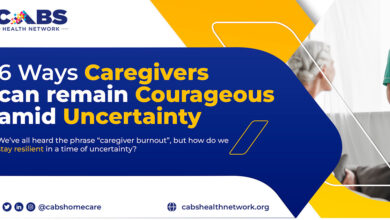SPOTLIGHT: Your Diabetes Management Plan
Overall Healthcare Management Is STILL CRITICAL.
Care Management for your appointments and regular self-care may require additional steps – are you prepared?
SPOTLIGHT: Your Diabetes Management Plan:
According to the National Institute on Aging (NIH)
* Track your glucose levels. Very high glucose levels (called hyperglycemia) or very low glucose levels (called hypoglycemia) can be risky to your health. Your plan will show how often you should check your glucose and how often to get the A1C test. If you are managing your diabetes without taking insulin, you may not need to check your glucose as often.
*Make healthy food choices. The food you eat affects glucose levels, so it’s important to learn what’s best for you to eat, how much, and when. If you are overweight, work with your healthcare team to come up with a plan to lose weight.
*Be active. Walking and other forms of daily exercise can help improve glucose levels in older people with diabetes. Set a goal to be more active most days of the week, and create a plan for being physically active that fits into your life and that you can follow. Your healthcare team can help.
*Take your medicine(s). You should take medicine as prescribed even when you feel good. Tell your doctor if you have any side effects or cannot afford your medicines. Also, let your doctor know if you have trouble taking your medicine or keeping track of your medication schedule.
Need Assistance? Our Circle of Care Can Help

